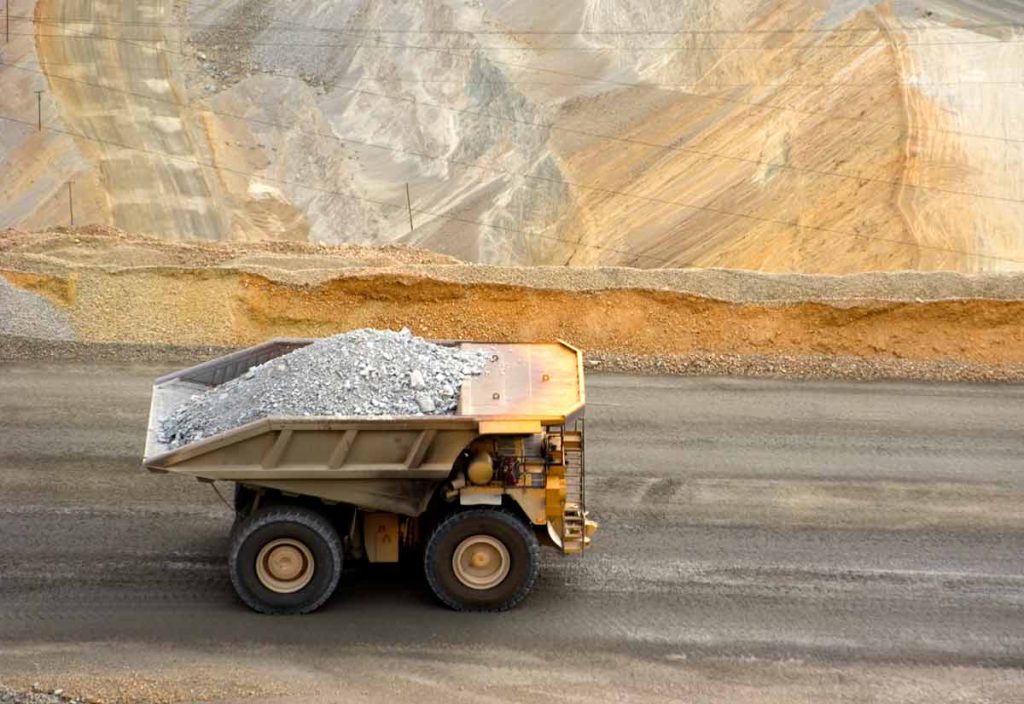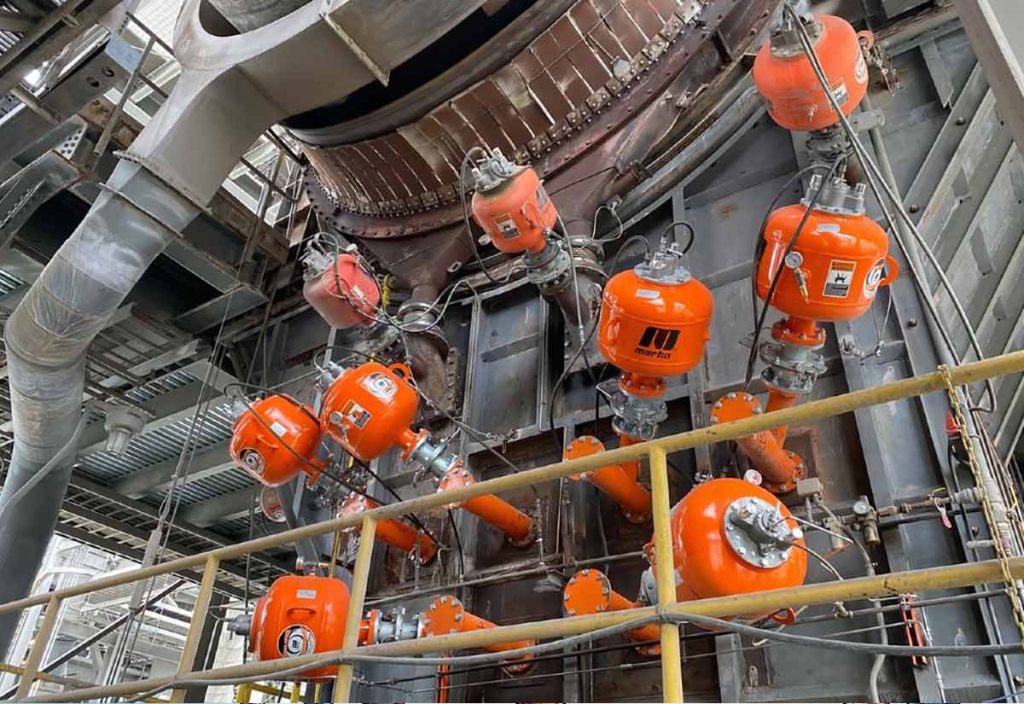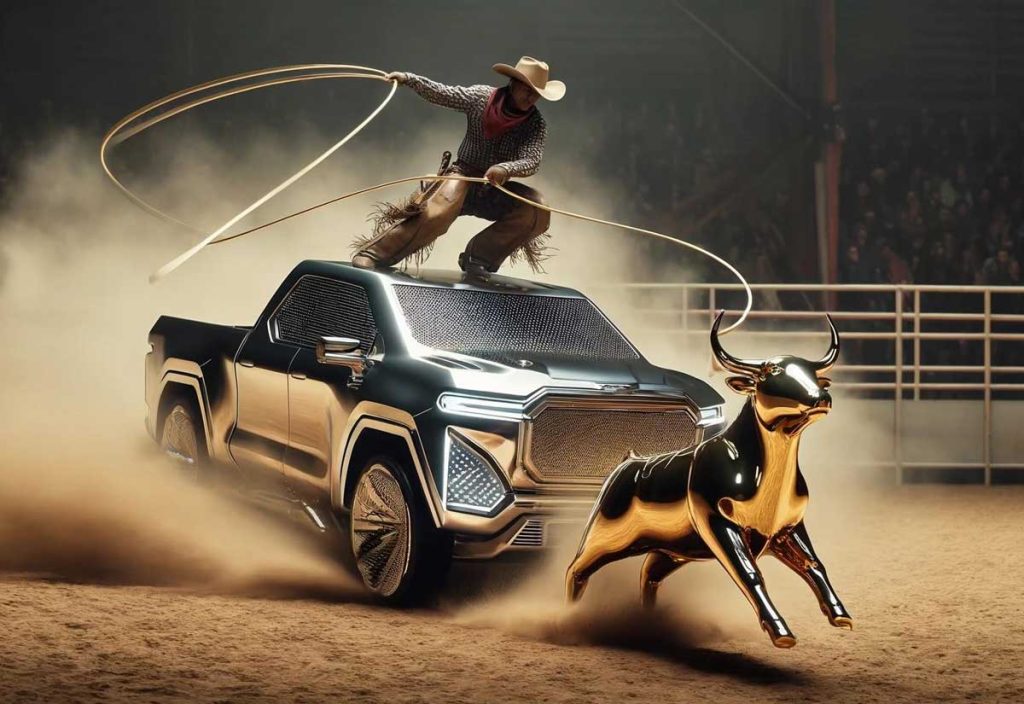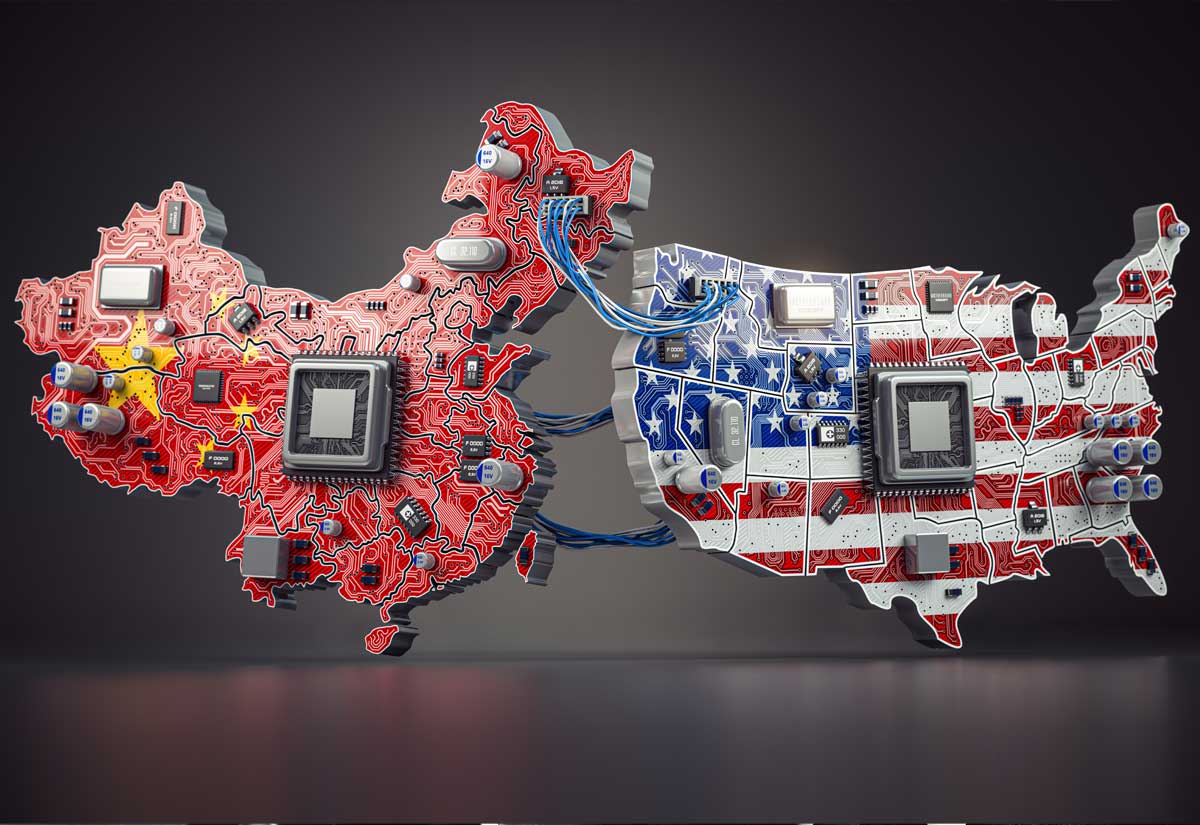“The technical enabler of today’s trucking industry is diesel fuel. The equipment and the capabilities of the industry have all evolved around diesel not gasoline, not batteries and not compressed natural gas, but lowly diesel. For several reasons, diesel engines were found, many decades ago, to be the best engine and fuel for trucks.”- Peter Quigley, Wealth Management Consultant – Can Tesla Batteries Power as Much Work as Diesel? For the First Time, Here is Real Data- 2017
The Fresh Green Debate in 2023
From wealth managers to fleet managers, for those of us in heavy industry, the green debate is an old argument. Up until now, the green debate has been successfully framed as a zero-sum game, an urgent, all-or-nothing race against the dreaded Carbon demon in all its forms.
Now, in 2023, the green debate narrative is being reframed as the aftermath of post covid supply chain disruptions and pipeline shutdowns permeates C-suites in industries across the board. By 2023, we’ve all witnessed what happens when the shipping doesn’t happen “just in time”. The order for industry to move more tonnage with less, even feeble, motive battery power is quietly being shunned aside as the truly “unsustainable” non-solution that it is.
The race to “sustainability” and green Utopia is one which Tesla’s Elon Musk and his army of green Musketeers insist must be won with a long overdue “all-electric transition”. A transition dependent on lithium, batteries, and an unrivaled Pollyanna attitude perpetuated by hipster green marketing that has little to do with hard core green engineering in the real world.
Elon Musk and the Green Musketeers
For example, even the great Elon Musk, an alleged physicist, engineer, and MBA leaves all that behind when Musk, the pitch man for his global lithium interests, is in charge.
“Hydrogen is for idiots,” was apparently the theme of a Musk presentation to a stunned Chinese audience, as we mentioned in our 2021 blog, Australian Mining Magnate Leads the Hydrogen vs. EV Charge in 2021.
Actually, the exact Elonism was “ hydrogen cars are “mind-bogglingly stupid” according to a March 25, 2021 report at mining.com. Australia’s iron ore billionaire Andrew Forrest quickly shot that down rebutting in a speech to Credit Suisse Group AG’s Asian Investment Conference that:
“ Musk had every reason to fear them, and his description is perhaps better suited, in my view, to someone who peddles a battery technology as green when it runs on fossil fuel.”- Andrew Forrest-Fortescue Metals Group
And Musk isn’t the only Greenster peddling electric vehicles as the noble exorcist of the dreaded Carbon demon with its dastardly diesel-stained footprints. Amazon’s Jeff Bezos, Ford Motor Company, and many other green profiteers are among the Musketeers who have every reason to fear that immense investments in lithium dependent technology may just not be as “sustainable” as they’d like the world to think.
Thought Leadership For a Truly Sustainable Transition
The good news is that in 2023 we’re starting to see some real corporate leadership toward a truly sustainable transition. Leaders such as Cummins Inc. president and CEO, Jennifer Rumsey, who emphasized recently that an important step in getting to net-zero was about making existing technologies more efficient.
As we noted in our blog, the esteemed engine manufacturer’s CEO wasn’t shy about breaking the dominant green taboo against fossil fuel technology at the company website last August of 2022:
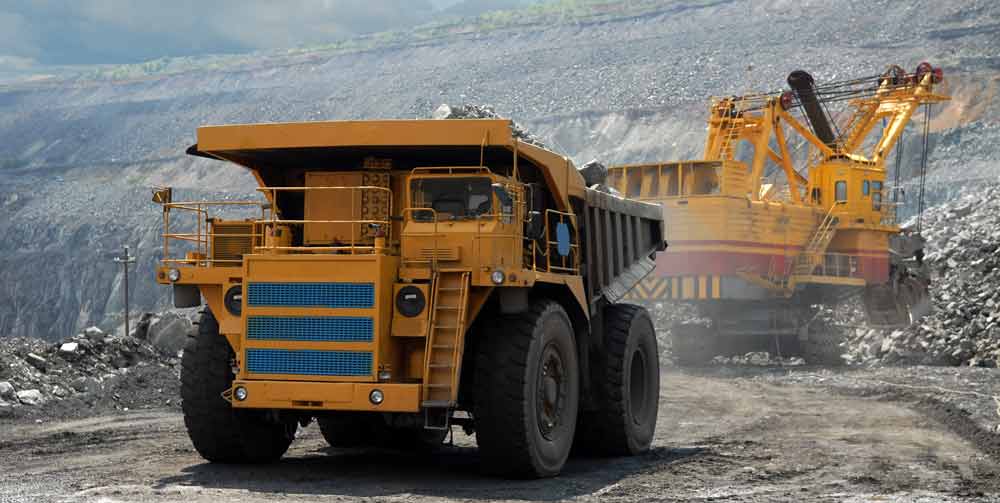
“We can make a big difference by improving the efficiency of diesel engines in the next decade. Those products will be out there for many years beyond that. We shouldn’t just focus on zero only, we need a combination of advancing zero and improving engine-based products that we have today.”- Jennifer Rumsey CEO Cummins Inc.
In other words, when it comes to moving commercial weight tonnage especially, you don’t shoot all the reliable working wagon horses when the first steam engine manages to turn a crankshaft.
No, what’s needed for a smooth, productive transition is what many OEMs are now calling “drop-in” technology, one that doesn’t require elaborate new infrastructure to deploy today, not 20 or even 50 years from now when EV technology may finally be able to match the tons per kwh of the good old diesel engine.
It’s common sense thinking that even the greenest industry leaders such as Volvo CE are adhering to. Though their green-tinted PR fanfare focuses on 35% EV production, it should be noted that 65% of the OEM’s wheeled loader output by 2030 will still result in traditional diesel-powered machines. Why?
It doesn’t take an Einstein to crunch the math, much to the chagrin of Elon and his green Musketeers. Now we’re seeing more green tech companies, such as off-highway power specialists CK Power, who are pointing out the obvious advantages of hybrid and traditional applications, while slowly but steadily reframing the green narrative.
In a world with booming human populations and unprecedented energy demands we’re going to need it all, and diesel the demon may actually be diesel the guardian angel when it comes to keeping the world clothed, fed, and up and running.
Diesel is the most efficient combustion engine fuel source, carrying 38 kilowatt hours of energy in every gallon, 27 times that of lithium ion batteries.- Battery vs Diesel-Why We Need Both
For example:
- A single gallon of diesel fuel stores 38 kilowatt hours of energy.
- Diesel has 113% the energy density of gasoline and 140% the energy density of propane.
- Diesel has 27 times the energy density of lithium ion batteries.
- Diesel fuel weighs only 6 lbs./gallon and that single gallon stores 38 kilowatt (kwh) hours of energy.
- Diesel stores over 6 kwh of energy per pound.
To be continued at Resource Erectors: Renewable Diesel Power, Decarbonizing the Fleet, and the EPA
“Decarbonization” has become a priority for fleet and site managers, whether they like it or not. Thanks to federal and state government low-carbon fuel policies, the biomass-based diesel tax credit, and a growing preference for a “drop-in” solution by fleet managers as a decarbonization strategy, renewable diesel is seeing hefty investment in biofuel capacity and feedstock production.
Renewable diesel fuel’s characteristics permit it to be distributed through existing pipelines. It can be used at 100% levels, or in any blend, with petroleum diesel. In our upcoming blog we’ll take a deeper dive into the energy resource touted by the Diesel Forum as a drop-in replacement fuel, equivalent to petroleum diesel, suitable for use in any new or existing diesel engine.
About Resource Erectors
At Resource Erectors we mine the top talent for heavy industry companies across North America that keep the world running. We have 6 figure salaries and competitive packages available for the top professionals in mining, engineering, aggregates, concrete, construction materials, fleet management, safety, sales, and more.
When you’re ready to build your company’s dream team or to move up the professional career ladder you’re ready for Resource Erectors so don’t hesitate to contact us today.
